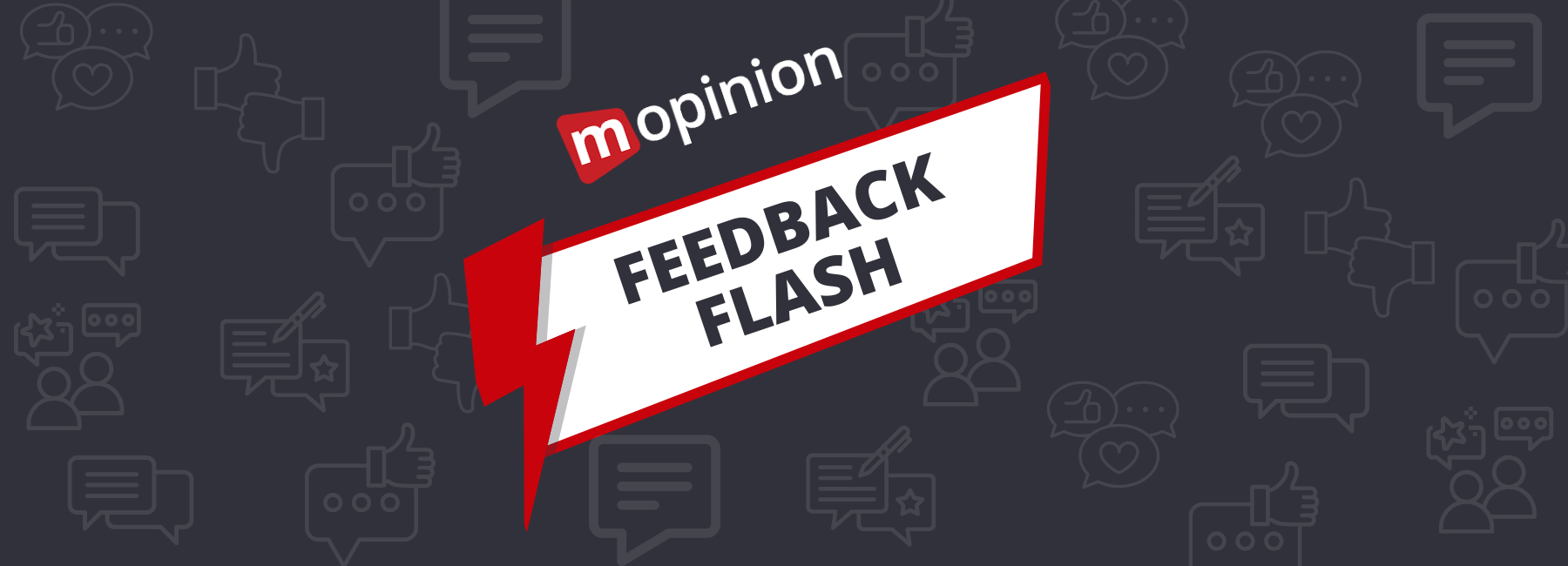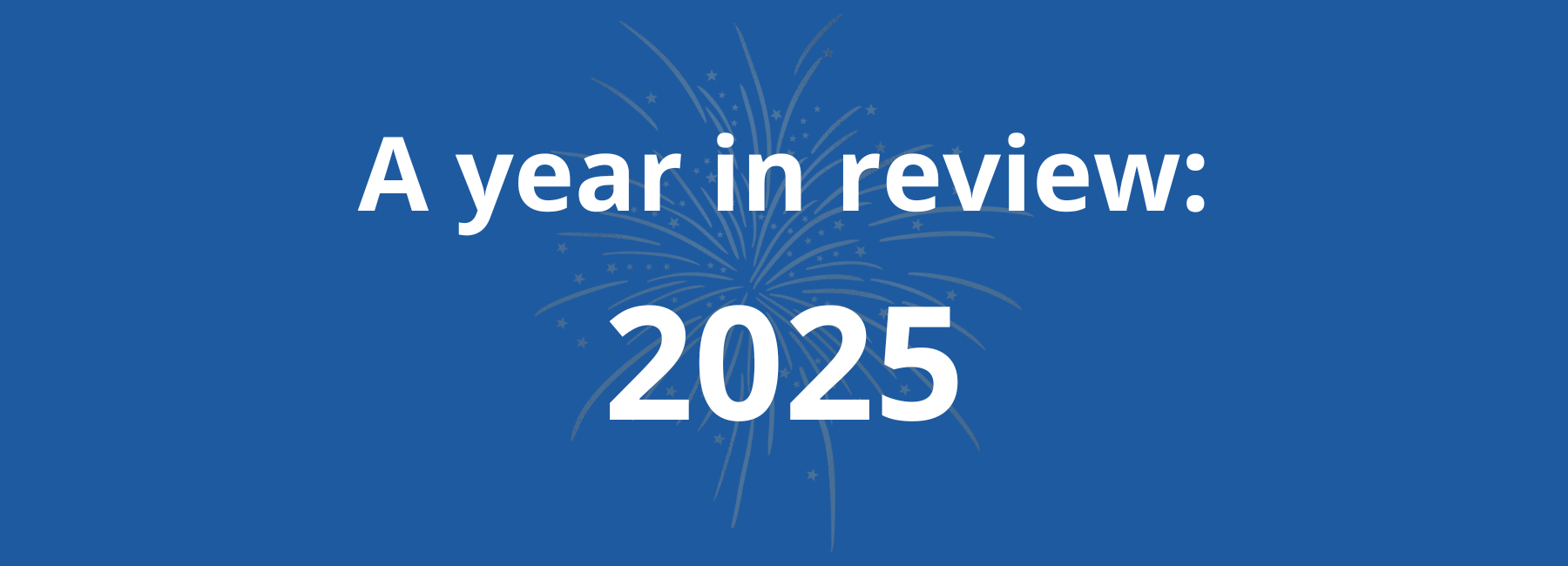New to our Mobile SDKs, we at Mopinion are delighted to introduce a feature that puts more power in the hands of our customer’s: Callback Events! This update will allow the more technically-savvy Mopinion users to tie into events from our mobile SDKs and connect them to other tools. With this new feature, you and fellow Mopinion for App users will have the freedom to both extend and enrich their insights, allowing you to do even more with your data. In this blog we will dive into what exactly Callback Events are, how they are beneficial to you and your mobile experience as well as how this update came to be.
We wanted to give you, our Mopinion for App customers, the opportunity and freedom to extract extra insights about the interactions of app users with your feedback forms. Hence, our team came up with the flexible solution: Callback Events. This feature gives you the power to determine whether a feedback form was shown to a user, completed by a user, or, whether a user closed a form. Start using Callback Events today! Collect powerful feedback from your native apps with our flexible and easy-to-install SDKs for iOS and Android.
After which, this feature allows you to determine what follow-up steps to take in the app’s interface, such as prompting the user with a screen that gives the option to connect to your support team. Read on to hear more about this incredibly flexible feature, and what you can do with it.
Mopinion offers mobile SDKs for iOS and Android apps, as well as React Native to collect in-app feedback with native mobile feedback forms or mobile app surveys. This solution provides marketers with an easy way to gather powerful feedback within their native apps, with plenty of customisation options, a wide range of targeting features and advanced analysis capabilities.
Grab a hold of powerful in-app insights

Note: To remind you, in order to run our mobile SDK (Software Development Kit) you first have to install the SDK in your app. Not sure what an SDK is? Check out this blog for more information.
Once you’ve got that done, you can go ahead and start building feedback forms in our platform, which will be rendered dynamically in a native interface in your app. Now that you’re familiar with our mobile SDK, let’s dive into what exactly Callback Events are, and why they are so important.

Feedback brought us here
Thankfully, here at Mopinion we are lucky enough to have an incredibly insightful user community, who quite often guide us towards new updates and features. In this case, some of our clients had expressed their desire to connect follow-up actions to certain events in our SDKs so, naturally, that’s exactly what we did. Not only did our customer’s guide us to this improvement, but we also immediately saw the benefits to this feature, and how it would give you more freedom with your data, saving time by speeding up your marketing procedures.
Our team of developers got to work to add this option, and now we are proud to know that you and every other Mopinion for App user have the opportunity to use Callback Events.
Callback Events: what are they?
In computer programming, a callback, (AKA a “call-after” function) is any executable code that is passed as an argument to other code; that other code is expected to call back the argument at a given time. In other words: it’s a function that is passed into another function as an argument, which is then triggered when the other function is executed.
That may seem a little complex, so let’s think about it like this:
Let’s say you’re expecting a package in a few days. You ordered the product as a gift for your neighbour, (how thoughtful!). Unfortunately, though, you’ll be out of town when the package is due to arrive.
So you know that, once you get the package, you want to bring it over to your neighbours. However, since you’ll be out of town, you leave instructions for your spouse. You could just ask them to get the package and bring it over to the neighbours.
If your spouse had the intelligence of a computer, they would sit at the door and wait for the package until it came (doing nothing else) and then once it came they would bring it over to the neighbours.
Not the most productive use of their time, right? Thankfully, there’s a better way.

If you tell your spouse that once they receive the package, they should bring it over to the neighbours. Meaning, they can go about life normally until they receive the package.
In this example, the receiving of the package is the ‘event’ and the bringing it to the neighbours is the ‘callback’. Your spouse ‘runs’ your instructions to bring the package over only when the package arrives. Make sense?
To break it down even further: a callback function is a function that is called when something happens, that something is usually called an ‘event’.
Mobile SDK: Automation made even easier
You know what the feature is, how we came to the decision to build it, now you’re probably wondering: what can I do with callback events?
Let’s say that every time an app user closes or opens a feedback form, you want to push that event to an A/B testing tool, in order to test out other options for the design, wording or placement of your feedback form.
Or perhaps you want to add feedback to a customer profile each time a user has submitted a form. Mopinion for App clients can set up callback events to push the data to the CRM tool or the project management tool of your choice. You can even save the user’s feedback and trigger a follow-up feedback form on a later visit, or you can generate a chat functionality for unhappy or stuck users.
Basically, whenever a mobile feedback form is opened or closed, or whenever feedback is given, you can trigger follow-up events to streamline and automate the process of getting the most out of your users. You can prompt another user feedback form, or trigger a review request after feedback is given, or you can even push the event data to your support team.
To summarise, the events that can take place are:
- FORM_OPEN: when the form is shown
- FORM_SENT: when the user has submitted the form
- FORM_CLOSED: when the form has closed
With Callback Events, Mopinion for App customers now have the ability to subscribe to certain events and create a follow-up event based on the action performed by their users. However, it’s important to note that although this feature provides the ability to speed up your processes and extract meaningful data and insights from the feedback you collect, it is in fact somewhat of a technical addition. This means that you might need a slightly higher level of technical knowledge to implement these actions, as it requires you to dive into your app’s internal code to set up callback events.
That being said, this new update puts the power into your hands, allowing you to expedite your processes and, ultimately, provide a better experience for your users. Saving you both time and energy, you will no longer need to manually assign actions after an event takes place.
This feature is now available for all SDKs, which you can view here. Callback Events allows you to automatically push certain events to exterior tools, but you can also use it independently, meaning you can harbour more meaningful insights, for much less effort. So, now that you know all about Callback Events and what they can do for you, check out how you can implement this exciting improvement by visiting our knowledge base for more details.
Ready to see Mopinion in action?
Want to learn more about Mopinion’s all-in-1 user feedback platform? Don’t be shy and take our software for a spin! Do you prefer it a bit more personal? Just book a demo. One of our feedback pro’s will guide you through the software and answer any questions you may have.





